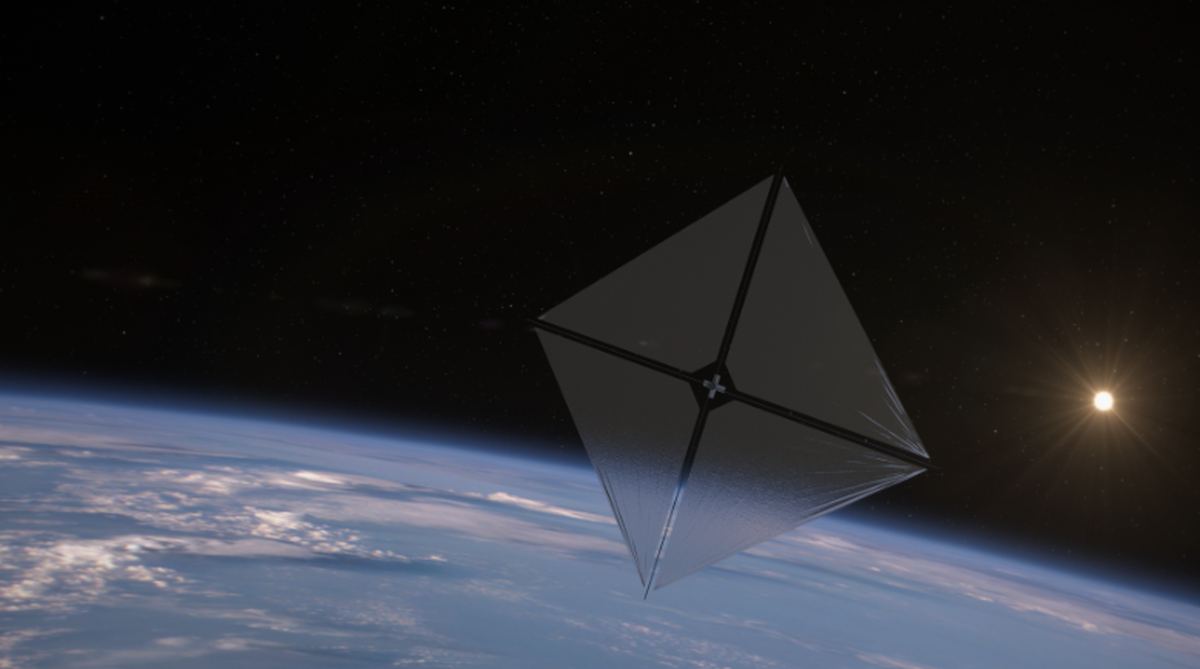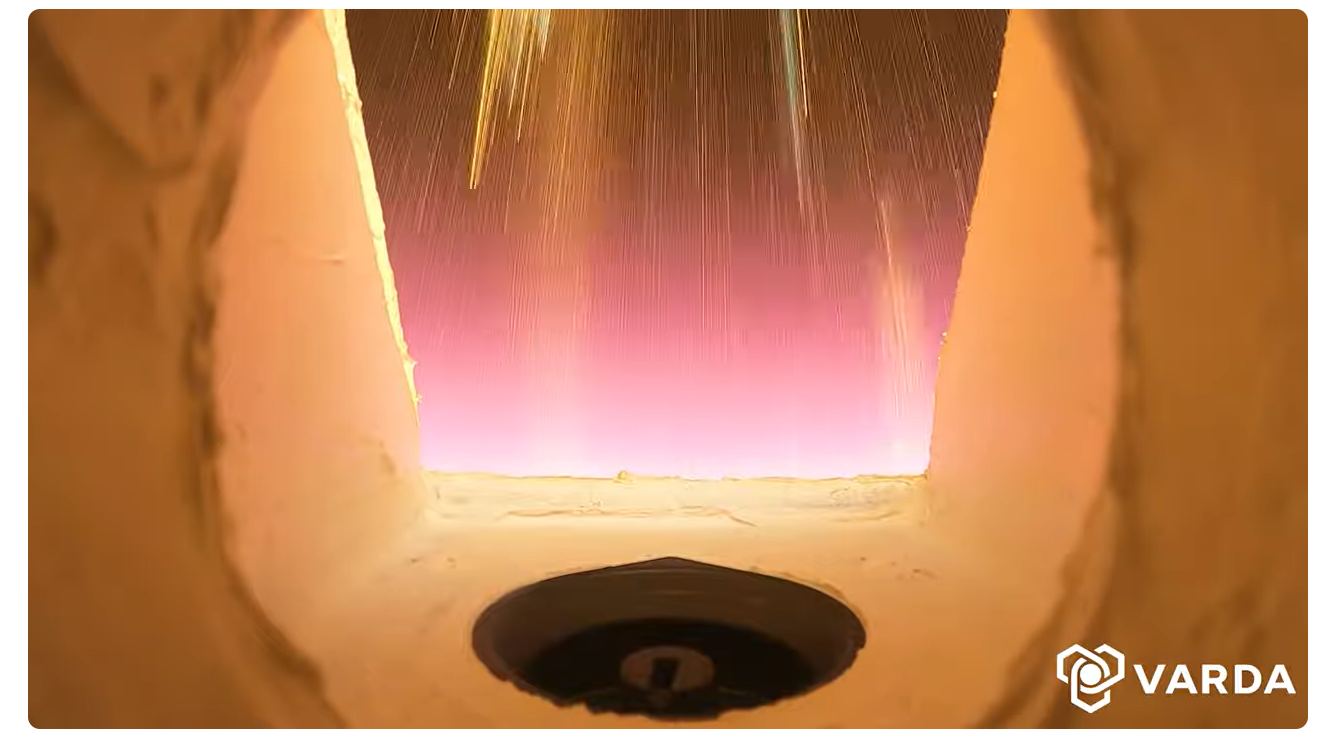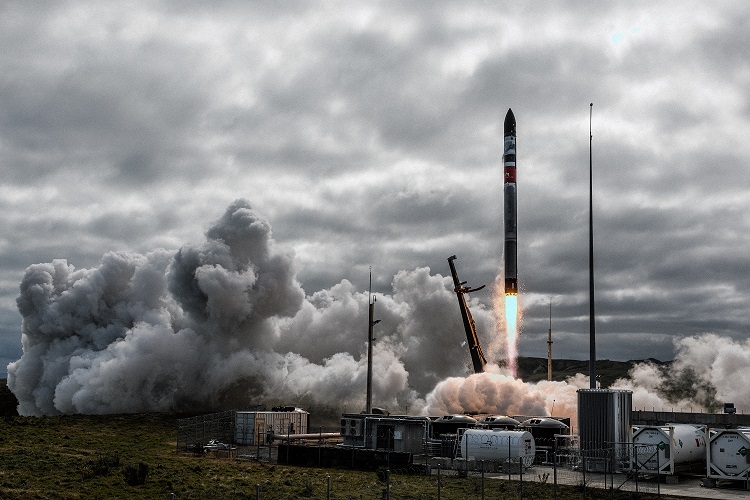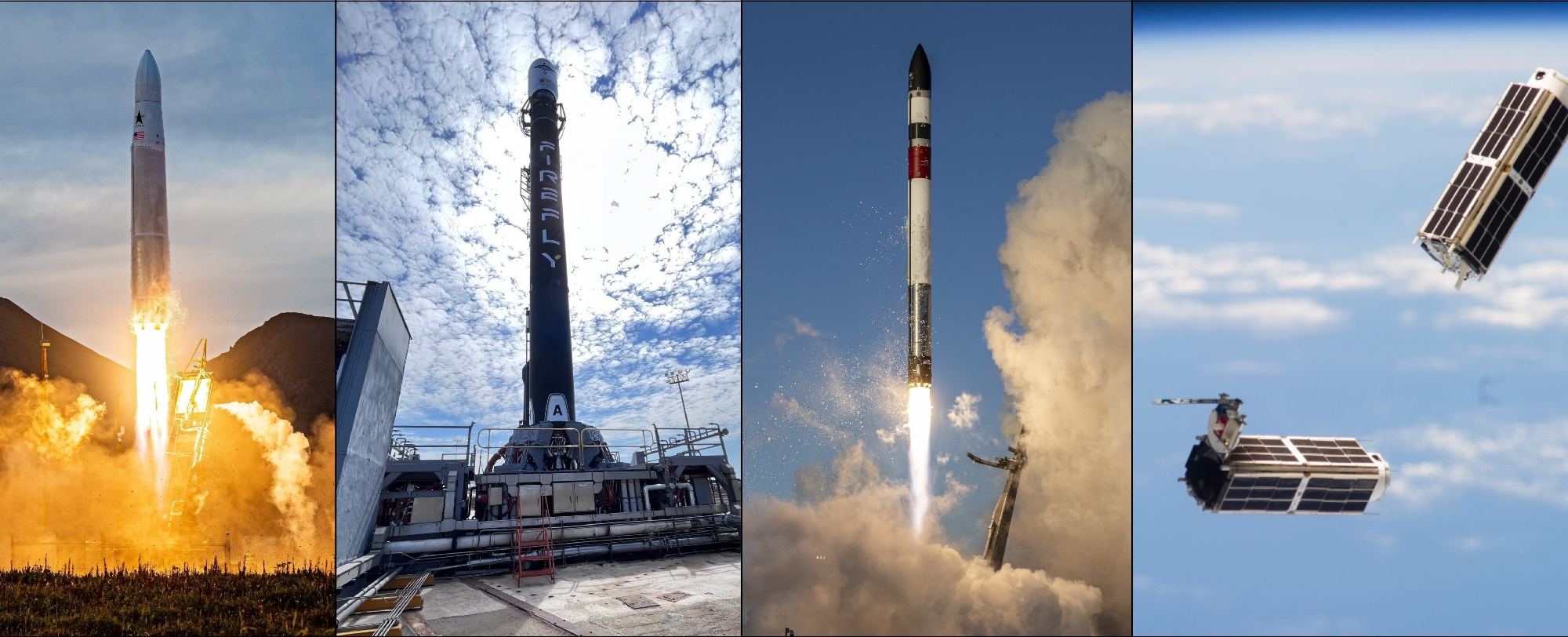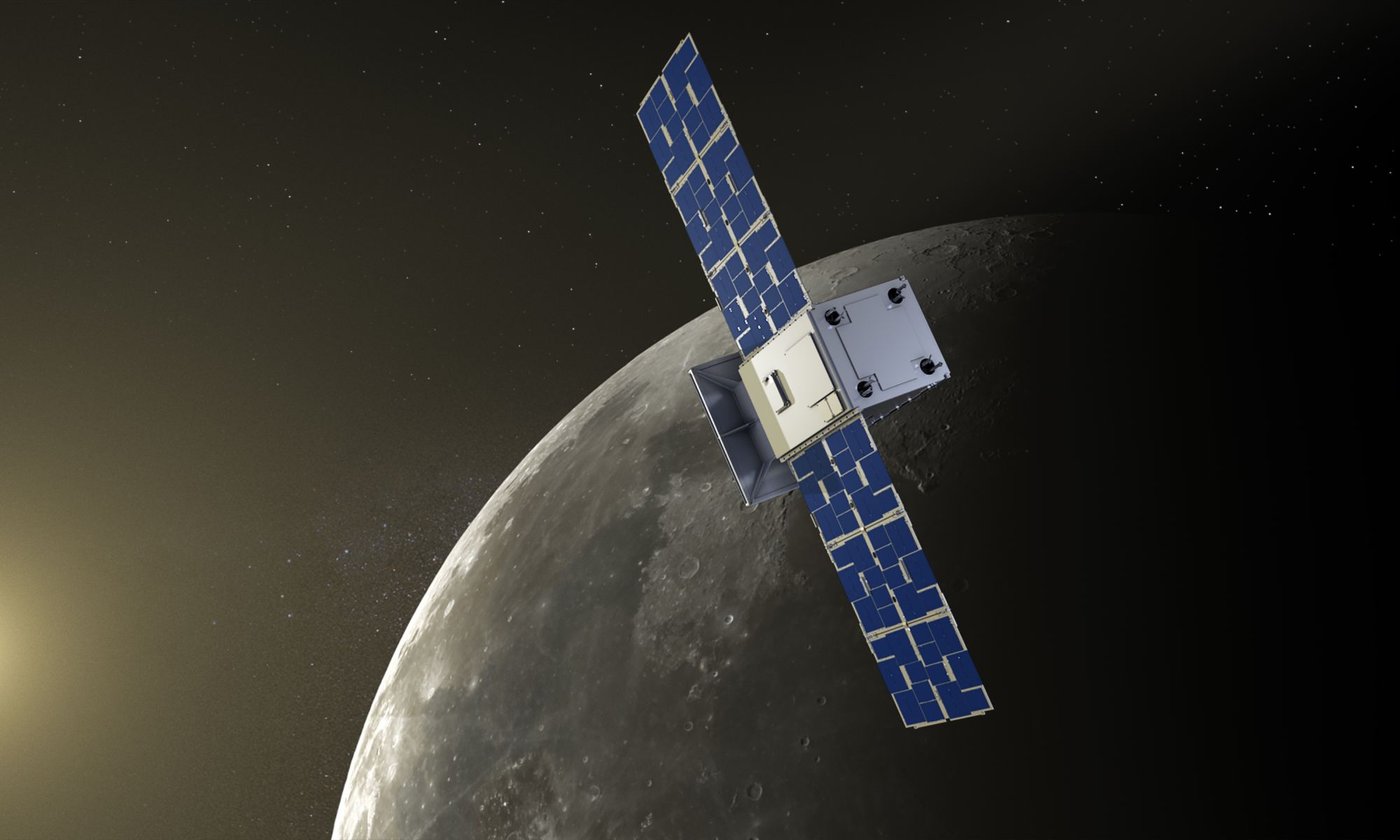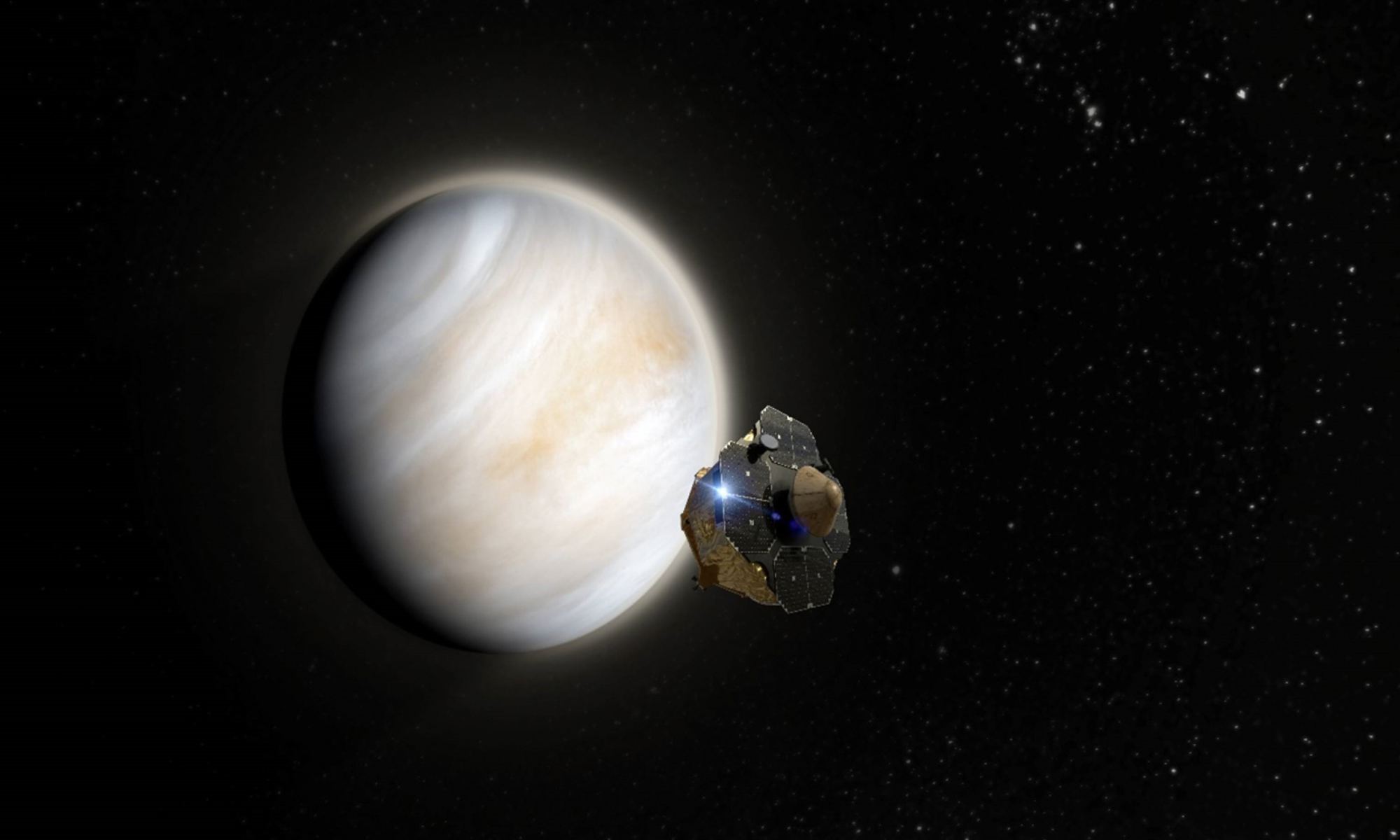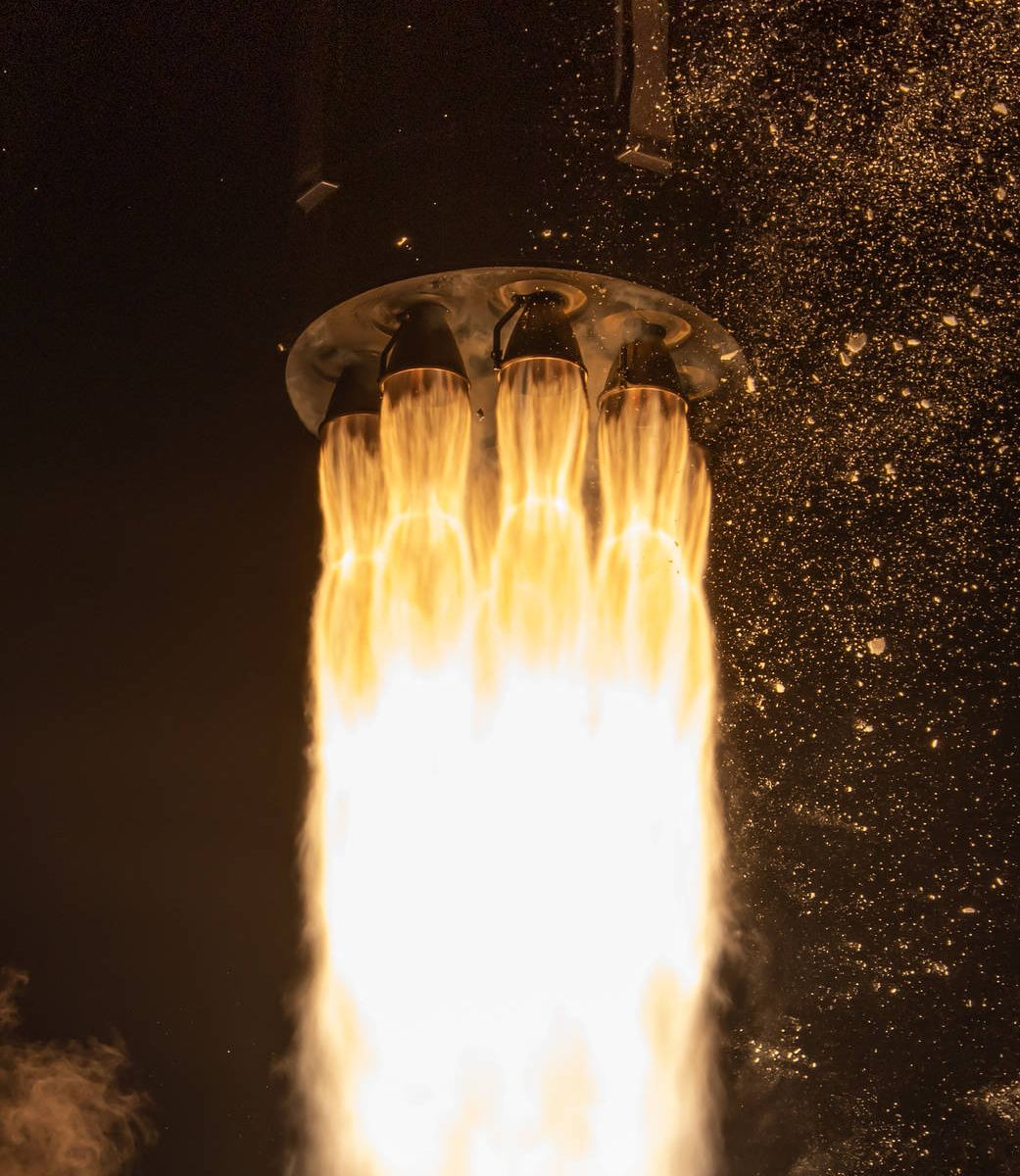Solar sails are an exciting way to travel through the Solar System because they get their propulsion from the Sun. NASA has developed several solar sails, and their newest, the Advanced Composite Solar Sail System (or ACS3), launched a few months ago into low-Earth orbit. After testing, NASA reported today that they extended the booms, deploying its 80-square-meter (860 square feet) solar sail. They’ll now use the sail to raise and lower the spacecraft’s orbit, learning more about solar sailing.
“The Sun will continue burning for billions of years, so we have a limitless source of propulsion. Instead of launching massive fuel tanks for future missions, we can launch larger sails that use ‘fuel’ already available,” said Alan Rhodes, the mission’s lead systems engineer at NASA’s Ames Research Center, earlier this year. “We will demonstrate a system that uses this abundant resource to take those next giant steps in exploration and science.”
Continue reading “NASA's New Solar Sail Extends Its Booms and Sets Sail”

